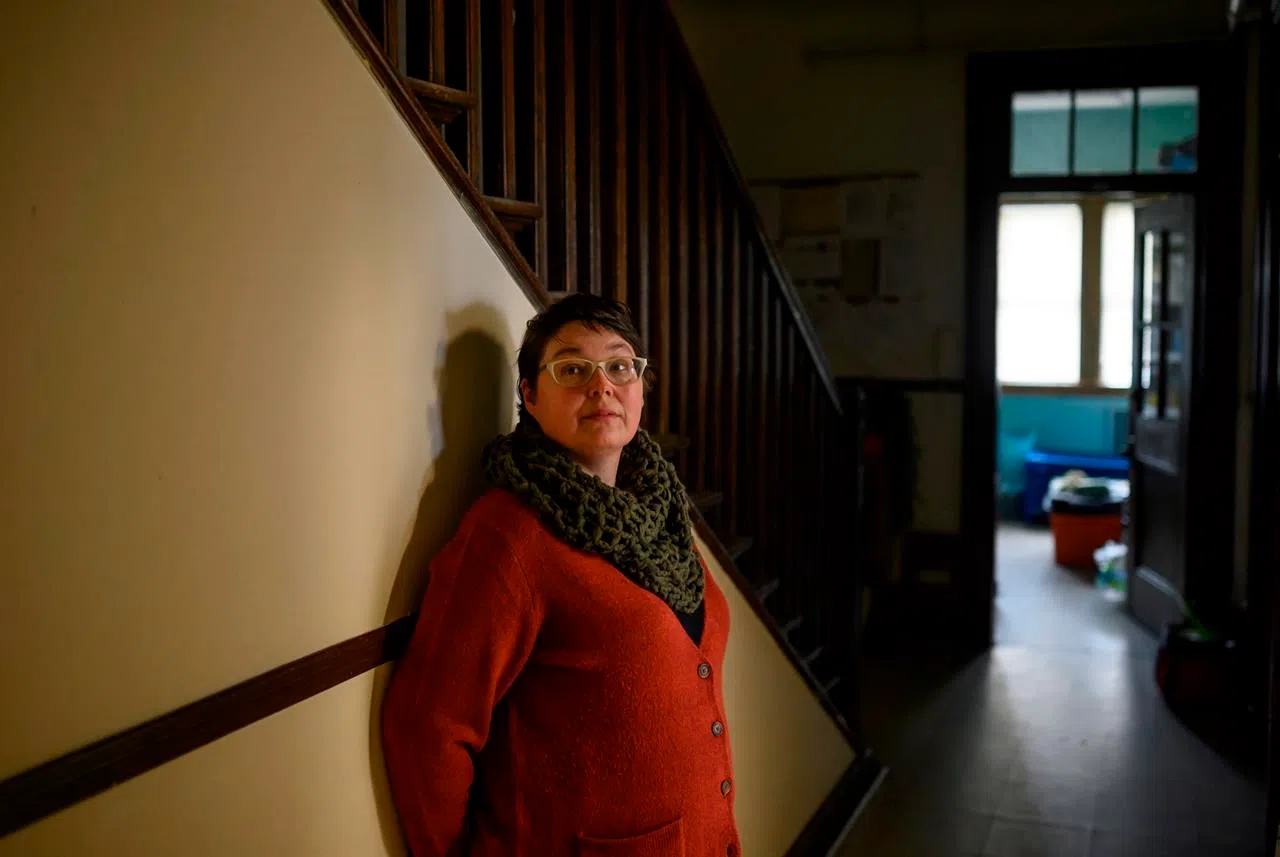
Advocates say access to abortion pill still an issue in Nova Scotia
HALIFAX — Advocates say Nova Scotians’ access to the abortion pill remains a major issue, with one student saying she had to wait nearly three weeks because of barriers including finding a doctor to prescribe the drug, testing delays and billing issues.
The woman, from the Toronto area, says she was five weeks pregnant when she took a home pregnancy test.
But she was almost eight weeks by the time she obtained the abortion pill Mifegymiso — a wait she describes as excruciating, and advocates say fails to realize the potential of the two-drug combination used to terminate early pregnancy.
“I was having severe morning sickness and on top of that feeling a lot of shame. Trying to go through this whole process was daunting and intimidating,” she says.
